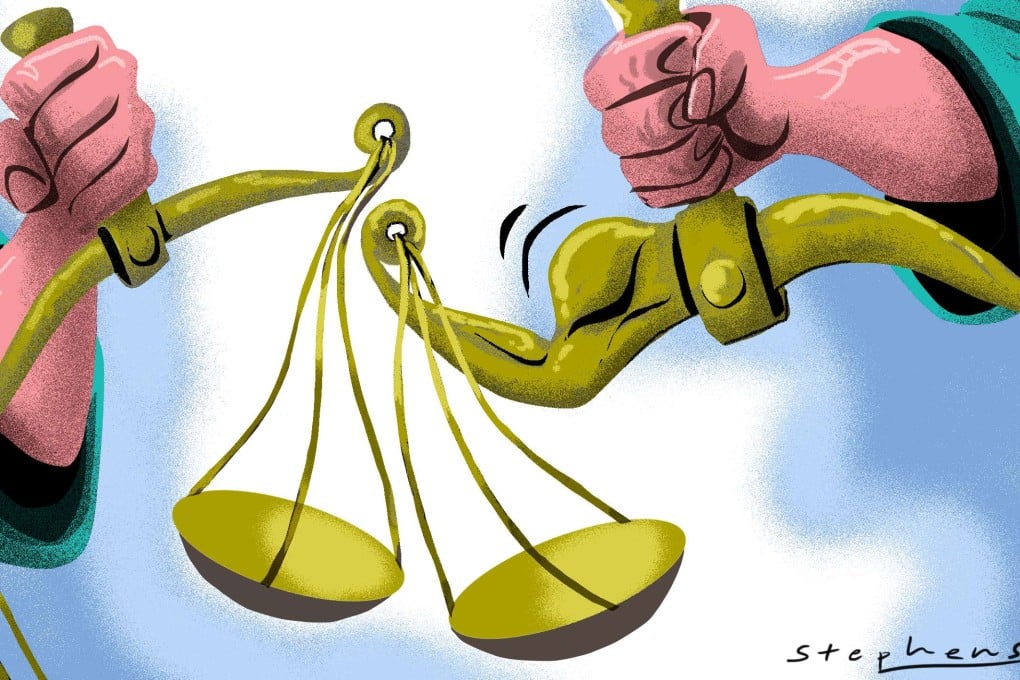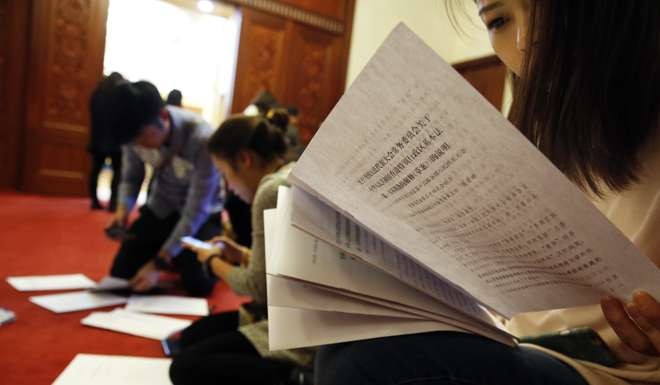NPC interpretation adds nothing new to Hong Kong law, and is wholly unnecessary
Ronny Tong expects no material change to our legal system as a result, but believes the move compromises the integrity of our judicial process – and that’s the real problem


Hong Kong will pay a heavy price for yet another Basic Law interpretation

Subject to interpretation: charting the history of Hong Kong’s Basic Law
Is anyone seriously suggesting insincere oaths are acceptable?
Secondly, the interpretation said the candidate must comply with the legal requirement “in respect of its form and content” and “sincerely and solemnly, and “accurately, completely ... read out the oath prescribed by law”. That, in fact, is almost exactly what Mr Justice Michael Hartmann said in a 2004 ruling concerning the taking of oaths for legislators. The learned judge did not invent these terms. They were spelt out in section 16 of the Oaths and Declarations Ordinance.
The statute did not expressly say the oath must be taken sincerely and solemnly but is there any other way? Is anyone seriously suggesting insincere oaths are acceptable? Indeed, if you look up the word “oath” in the Webster dictionary, it will tell you that an oath means “a solemn, usually formal, calling upon God or a god to witness to the truth of what one says or to witness that one sincerely intends to do what one says”. Need one say more?
Thirdly, the interpretation says if the oath were not taken sincerely or solemnly, then the person in question must be taken as having declined to take the oath and he or she was to be disqualified from taking office forthwith. Well, that is what section 21 of the Oaths and Declarations Ordinance says, too.

